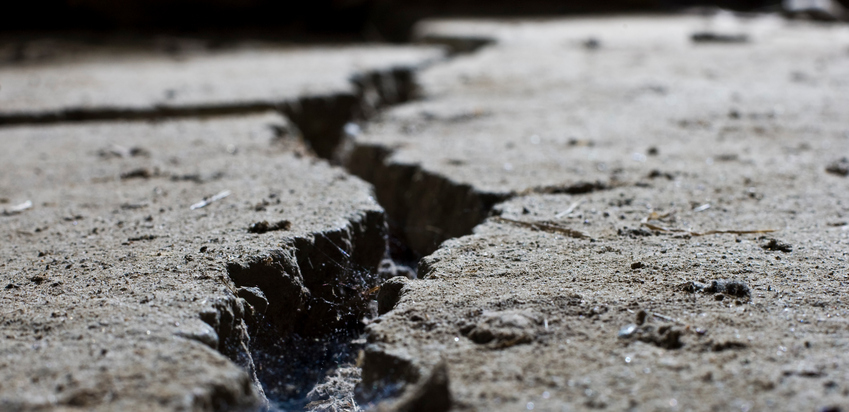rift
(noun, verb)
/rɪft/
 LISTEN
LISTEN


A rift is a narrow crack or opening or an open space or clear interval, such as might be found in a forest or a cloud mass. Figuratively, a rift is a break in friendly relations and also a difference of opinion or belief that causes a such break in a relationship. In geology, a rift is a fault. As a verb, although not common, to rift means ‘to burst open’ or ‘split.’
Example sentences
- The schoolboys peered through a rift in the wall.
- Sunlight poured through a rift in the clouds.
- Disagreements over foreign policy have led to a rift between these two countries.
- The rift between the academics of this school and the academics of that school is unlikely to be healed.
- This rift is 500 miles long.
- The weight of the truck was too much for the ice, which rifted.
In pop culture
Rift is the title of an online video game. You can watch the trailer for the game here:
Additional information
Although no longer common, a rift can also be a piece of wood that has been split from a log.
Did you know?
In Scottish and Irish English, a rift can also be a belch and, as a verb, it means ‘to belch.’
Origin
Rift dates back to the late 13th century. Its exact origin is uncertain, but most linguists agree that Middle English noun probably came from a Scandinavian source, such as the Old Norse ript (the breaking of an agreement), which was a derivative of rīfa (to tear). It is related to the Danish and Norweigan rift (‘cleavage’ or ‘a cleft’), the Old Icelandic ript (it was pronounced rift), meaning ‘breach,’ and the Danish rive and Swedish rifva (to scratch or tear), as well as the Middle English verb riven (to tear), and more distantly, other English words like riparian and rip. It has been used figuratively since the early 17th century. The verb comes from the noun, and dates back to around the year 1300.
Word of the Day is released Monday through Friday.


